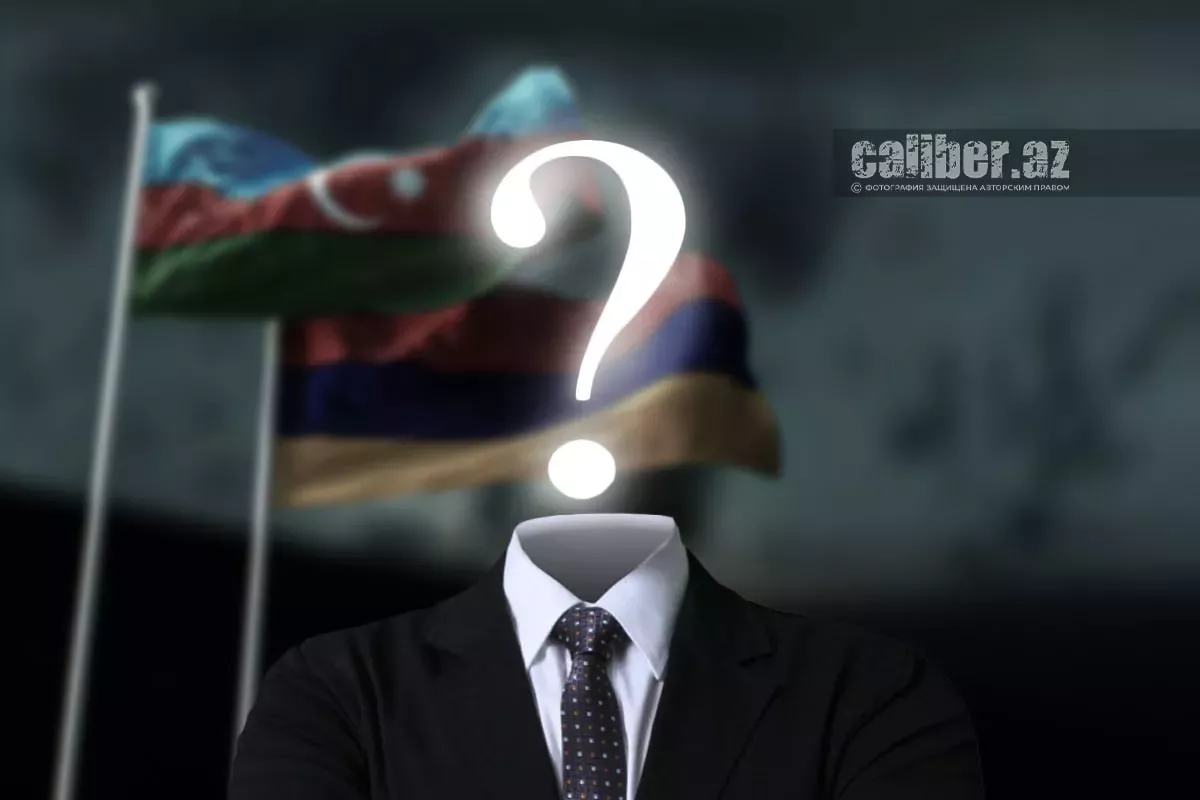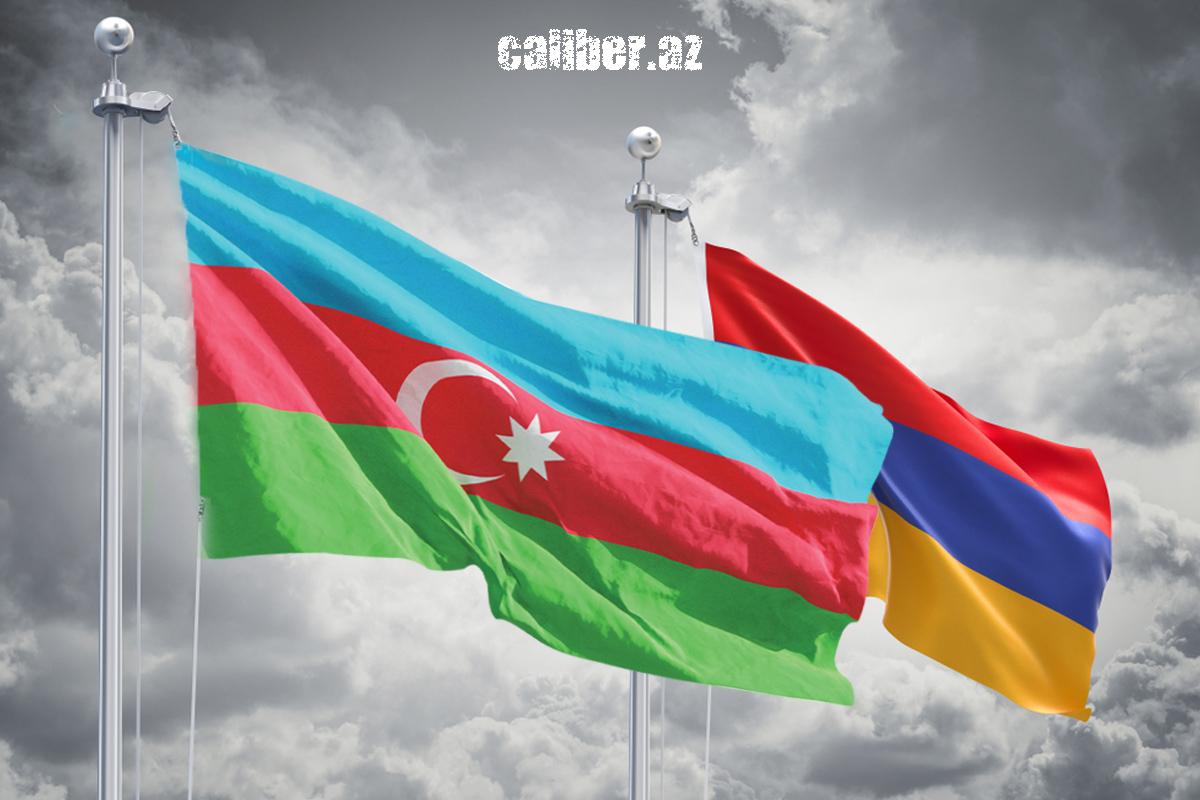Armenian revanchists playing with fire The dangerous illusions of “Hayakve “
“The results of a poll conducted in July this year—before the Washington agreement of August 8—are quite interesting,” reads a statement by the Armenian opposition movement Hayakve. It further notes: “New polls to be conducted in the near future will show how this agreement has affected public sentiment, although a fundamental change is unlikely. According to the July poll, 74% of respondents believe that peace with Azerbaijan is impossible.”
A statement clearly crafted to sound sensational—but one that demands careful scrutiny. To begin with, it’s important to recall that Hayakve is a relatively new opposition movement, formed by former military officials and politicians linked to Armenia’s previous leadership. Unsurprisingly, its ideology is openly revanchist. Members of the movement have repeatedly and publicly declared that “Karabakh is Armenia” and that any “concessions” to Azerbaijan—by which they mean the ongoing peace negotiations between Baku and Yerevan—represent nothing less than “a betrayal of Armenia’s national interests.”

In essence, this movement is an offshoot of the old Karabakh clan, which lost real political influence in 2018. All its attempts to regain power—including exploiting the outcome of the 44-day war—have failed. Yet, these setbacks have not sobered such forces. Lacking the ability to offer Armenian society a positive agenda, this group now seeks to manipulate emotions, mistaking sentiment for strategy.
It is interesting that Hayakve’s statement refers to a certain poll allegedly conducted in July, claiming that 74% of respondents said that “peace with Azerbaijan is impossible.”
Meanwhile, there are credible surveys carried out by reputable international institutions. For instance, according to a study by the International Republican Institute (IRI) published in the spring of 2025, 62% of Armenian citizens support the idea of signing a peace agreement with Azerbaijan. Moreover, more than half of respondents explicitly stated that restoring relations with Azerbaijan is the key to Armenia’s economic future.
Another survey, conducted by the Caucasus Research Resource Centers (CRRC), found that 56% of respondents consider a gradual normalisation of relations with Baku necessary, while only 18% oppose it.
These findings sharply contradict Hayakve’s assertions and demonstrate that Armenian society as a whole leans toward a pragmatic rather than a belligerent approach.
Members of the Hayakve movement clearly prefer not to recall that Azerbaijan’s victory in the 44-day war — and the later, flawlessly executed one-day anti-terrorist operation in the Karabakh economic region — profoundly changed both the official position in Yerevan and the attitudes of the vast majority of Armenian society. In essence, Hayakve seeks not only political but also mental revenge. It appeals to old myths, cultivating the image of an “eternal confrontation” with Azerbaijan. But such an ideology has no future. Armenia has already paid a high price for occupying another country’s territory. Trying to force a bellicose agenda back on Armenian society is playing with fire. The alternative to peace is always the same — war.
Accordingly, if, following Hayakve’s logic, the majority of Armenians do not want peace, then it implies they are yearning for a new war with Azerbaijan — which is, to put it mildly, highly doubtful. Armenian society is tired of conflict, isolation, and economic stagnation. Today’s realities call not for slogans about “national pride” but for pragmatic decisions that can ensure the country’s development and security.
There is also another important point. The signing of the Washington documents on August 8 marked a major diplomatic breakthrough. With U.S. mediation, both sides took a significant step toward establishing a new framework for regional stability. The initiative personally advanced by U.S. President Donald Trump, who made considerable efforts to promote the agreement, is viewed in Washington as one of the key achievements of American diplomacy in the South Caucasus.

It is not difficult to see that Yerevan’s refusal to fulfil its signed commitments — as urged by the radicals from Hayakve — would represent not only a step backward for Armenia itself, but also a blow to the authority of the United States and President Donald Trump personally. Such a move would cast doubt on the sincerity of the Armenian side and seriously complicate Yerevan’s relations with Washington.
Clearly, Armenia cannot afford this. Moreover, the documents signed in Washington pave the way for the implementation of a major infrastructure project — the Zangezur Corridor. Any attempt to derail this project under the slogan of the “impossibility of peace” would, in fact, amount to undermining an American initiative. And if the radicals from Hayakve push Armenia toward renewed confrontation, they will inevitably face a negative reaction from Washington. The consequences of such actions for Armenia would be nothing short of disastrous.
Indeed, today Armenia faces an obvious choice: to move forward toward peace and integration into regional processes, or once again become mired in myths. The Ajakve movement represents the voice of the past — those who have nothing to offer society but new losses.
It is perfectly clear that peace with Azerbaijan is not a concession on Armenia’s part, but the only chance for the Armenian people to break free from the deadlock. Manipulating numbers and “polls” will not change reality: Armenia cannot withstand another war — and even those shouting the loudest about the “impossibility of peace” understand this all too well.








